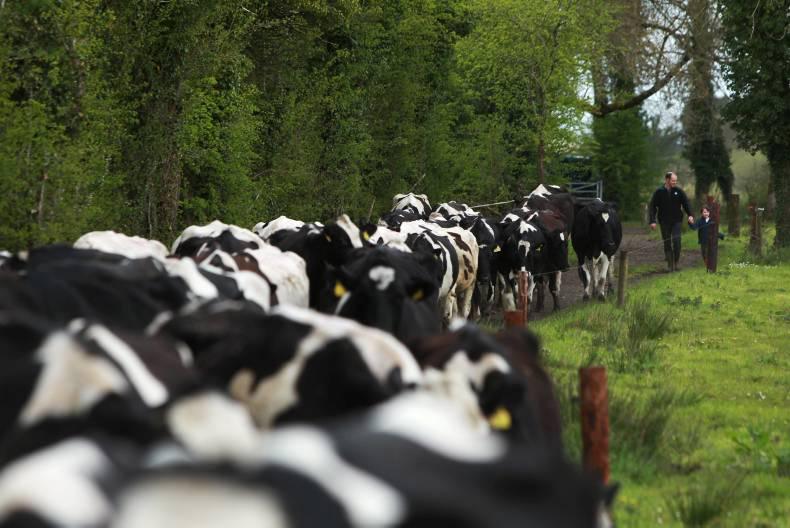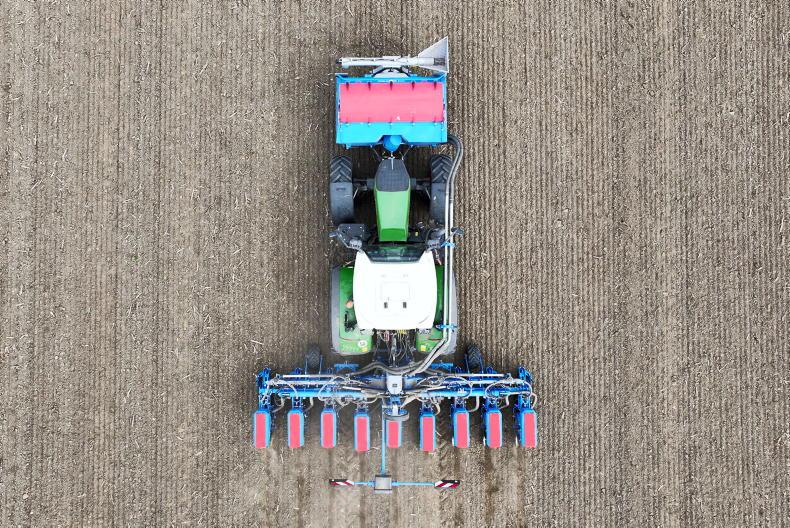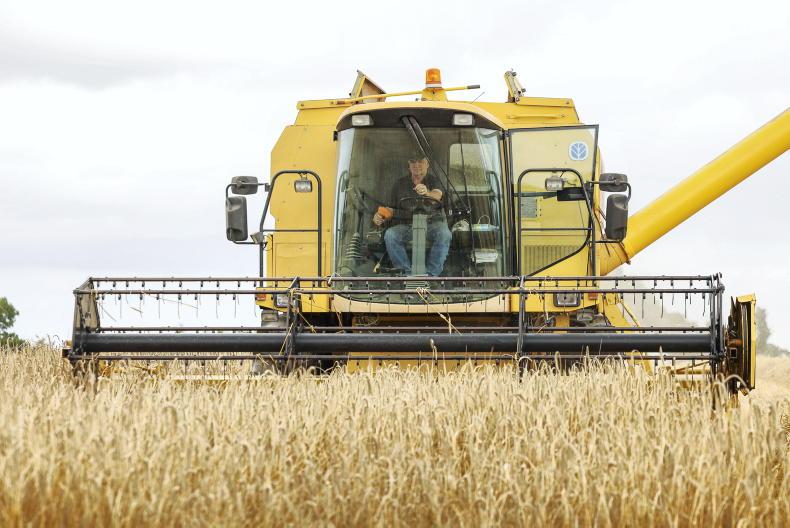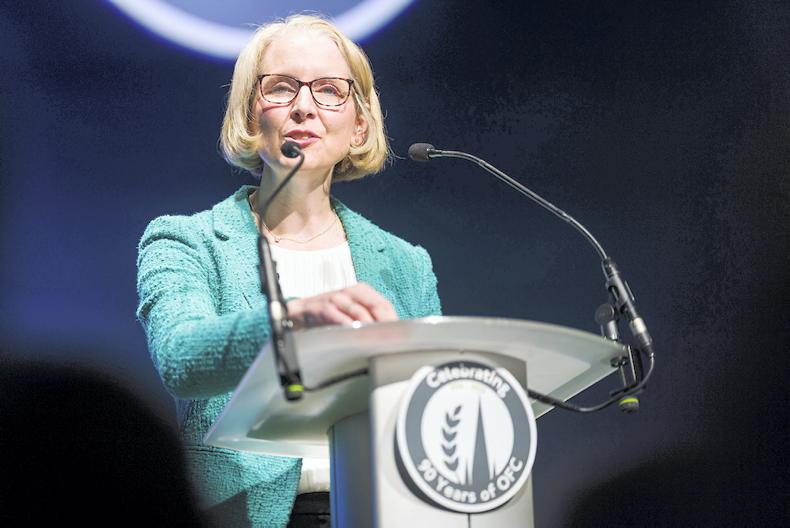This is the biggest decrease in farming incomes in the UK in eight years. The last big income drop came in 2008 when there was a huge 57% drop from the previous year.
The overall biggest contributor to last year's fall was milk income, which dropped by £931m.
This was followed by a £432m drop in wheat, a £186m drop in pigs, a £150m drop in subsidies on production and £142m drop in sugar beet.
Moreover, agriculture’s contribution to the gross domestic product (GDP) fell by £1,374m to £8,495m – a 14% decrease.
Milk oversupply
Looking at the decreases in more detail, the report attributes the drop in milk incomes in 2015 to an abundance of supply, which led to a subsequent fall in milk price.
In 2015, milk volume rose by 2.6% in the UK, with monthly domestic production consistently higher than 2014. Good grazing due to the favourable weather conditions contributed to the higher milk yields.
The average price of milk in 2015 was 24.5p/l, compared with 31.5p/l in 2014.
As for wheat, which saw the next-highest fall in incomes, planted area was down, but a record yield in 2015 meant production levels were only slightly down on 2014. The report says the quality of the wheat crop was generally good, but plentiful global supplies resulted in a 17% lower domestic price than in 2014.
The report attributes the drop in pigmeat income entirely to the lower price in 2015 compared with 2014 as volumes rose by 3.3%.
Payments down
Direct payments also fell in the UK in 2015, by £150m to £2,803m. Overall, this is a 5% decrease in payments and is mainly due to the reduction in euro to sterling exchange rate. It is a significant contributor to the fall in the total income from farming, the report says.
Prince of Wales fund recommends crisis-busting measures
Meanwhile, the Prince’s Countryside Fund, established by The Prince of Wales in 2010, has commissioned a report which recommends a series of measures that could help tackle the farm income crisis in the UK.
One of the key findings of this report is that half of farms are no longer making a living from farming itself, with 20% generating a loss even before accounting for family labour and capital.
The report recommends improved communication and collaboration between suppliers, banks and farm businesses, with a focus on the immediate needs to help with budgeting and managing repayments.
Read more
CSO reveals milk prices down by almost 10% in March
New Minister for Ag must immediately suspend superlevy repayment - IFA
This is the biggest decrease in farming incomes in the UK in eight years. The last big income drop came in 2008 when there was a huge 57% drop from the previous year.
The overall biggest contributor to last year's fall was milk income, which dropped by £931m.
This was followed by a £432m drop in wheat, a £186m drop in pigs, a £150m drop in subsidies on production and £142m drop in sugar beet.
Moreover, agriculture’s contribution to the gross domestic product (GDP) fell by £1,374m to £8,495m – a 14% decrease.
Milk oversupply
Looking at the decreases in more detail, the report attributes the drop in milk incomes in 2015 to an abundance of supply, which led to a subsequent fall in milk price.
In 2015, milk volume rose by 2.6% in the UK, with monthly domestic production consistently higher than 2014. Good grazing due to the favourable weather conditions contributed to the higher milk yields.
The average price of milk in 2015 was 24.5p/l, compared with 31.5p/l in 2014.
As for wheat, which saw the next-highest fall in incomes, planted area was down, but a record yield in 2015 meant production levels were only slightly down on 2014. The report says the quality of the wheat crop was generally good, but plentiful global supplies resulted in a 17% lower domestic price than in 2014.
The report attributes the drop in pigmeat income entirely to the lower price in 2015 compared with 2014 as volumes rose by 3.3%.
Payments down
Direct payments also fell in the UK in 2015, by £150m to £2,803m. Overall, this is a 5% decrease in payments and is mainly due to the reduction in euro to sterling exchange rate. It is a significant contributor to the fall in the total income from farming, the report says.
Prince of Wales fund recommends crisis-busting measures
Meanwhile, the Prince’s Countryside Fund, established by The Prince of Wales in 2010, has commissioned a report which recommends a series of measures that could help tackle the farm income crisis in the UK.
One of the key findings of this report is that half of farms are no longer making a living from farming itself, with 20% generating a loss even before accounting for family labour and capital.
The report recommends improved communication and collaboration between suppliers, banks and farm businesses, with a focus on the immediate needs to help with budgeting and managing repayments.
Read more
CSO reveals milk prices down by almost 10% in March
New Minister for Ag must immediately suspend superlevy repayment - IFA










SHARING OPTIONS